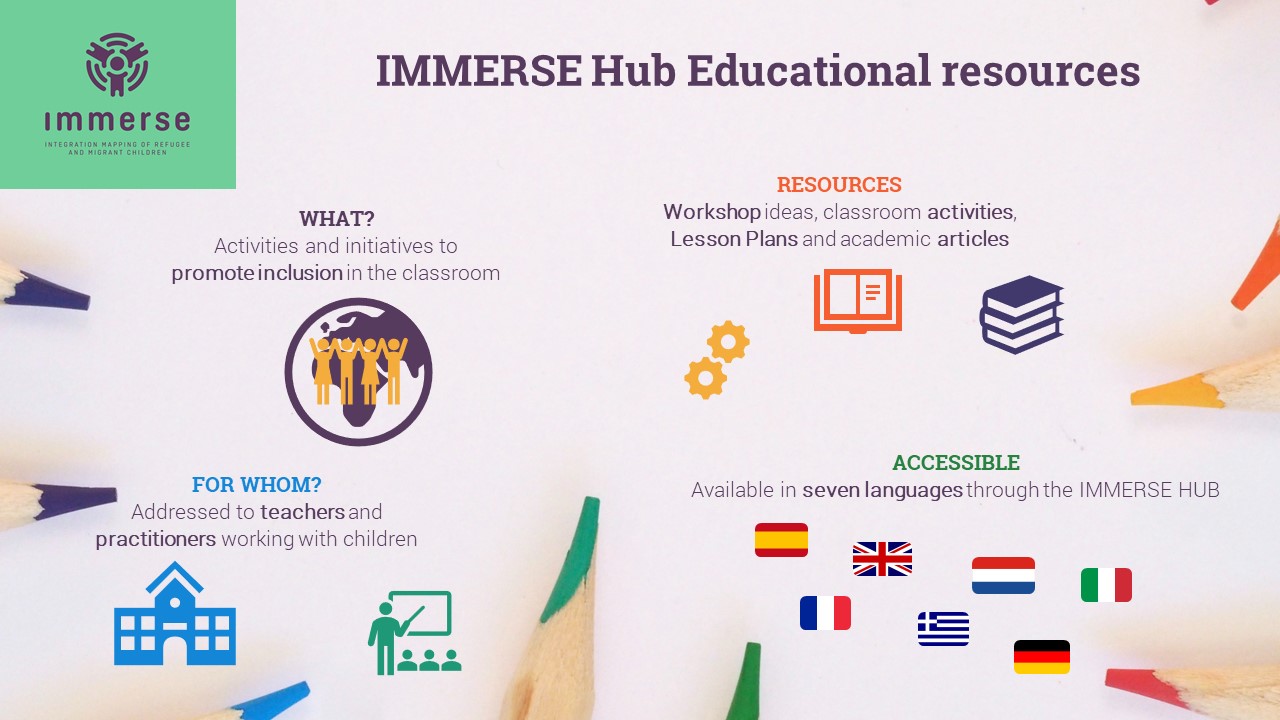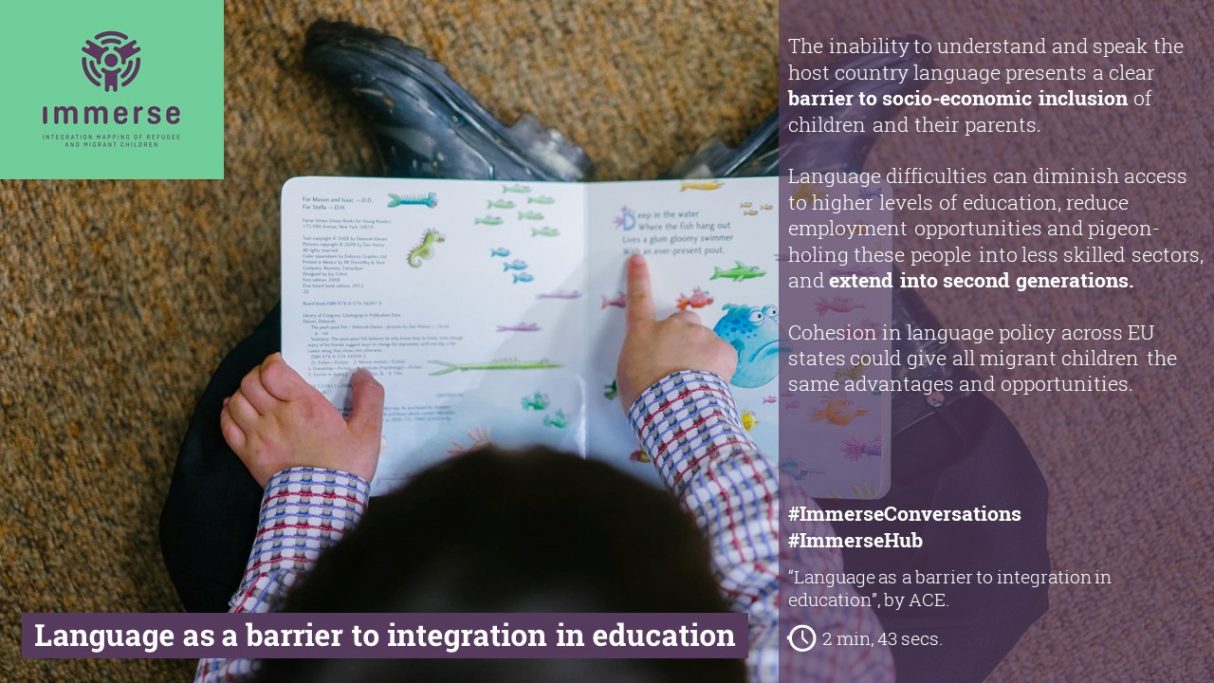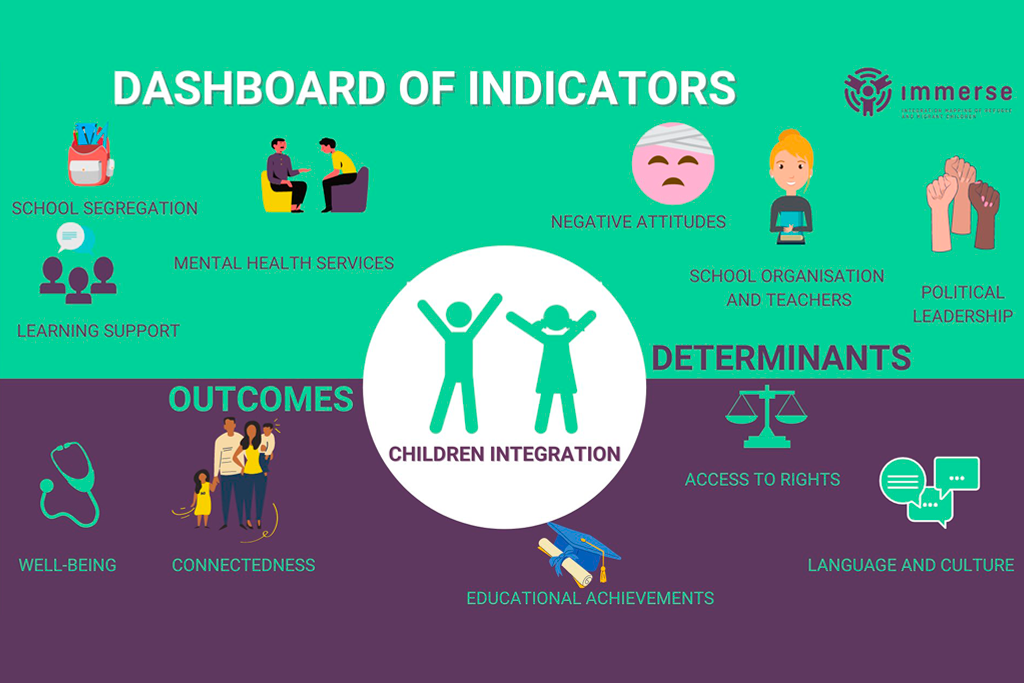Description
The nationwide competence network is funded by the Federal Ministry for Family Affairs, Senior Citizens, Women and Youth (BMFSFJ) via the federal programme "Demokratie leben!" (Live democracy!). The official title in the federal programme is: "Competence Network - School and Out-of-School Education for Young People". The competence network consists of four partners which have a total of more than 100 established counselling and coordination centres at state and municipal level throughout Germany. The network thus has firmly established working relationships with over 4,000 schools, which are attended by 20 percent of pupils in Germany, and with 500 extracurricular youth education institutions in urban centres and rural areas. The main objective is to pool competences in order to strengthen democratic culture and structures as well as participatory approaches in school and out-of-school education for young people and to create meaningful synergies in this area. The project includes many activities, such as networking and knowledge transfers, publication of modules, thematic booklets, and manuals for political education, further training and counselling offers for teachers, educators and employees in schools and educational institutions, workshops and further training on various topics such as identity, interculturality, and human rights.
- Children maintain their cultural identity while adopting new cultural values and intercultural competences
- Children's academic skills
- Children's life satisfaction / happiness
- Children's sense of belonging
- Friends and peers (support)
- Institutions
- Teachers
- Types & levels of (formal) non-compulsory education attended
Evaluation ex post
All networks and projects within the federal programme Live Democracy! are evaluated throughout their duration and after completion. It is however confidential.
Projects’ deliverables
Information not available
Reproducibility
Reproducibility is the core of the network- All actions are designed to be reproduced in more and more environments by design.
Motivation for the submission
Since the network is working on all three levels the IMMERSE project is working at it is a perfect country-specific example of targeting different levels in multiple ways. The network partners are well-known actors throughout the regions!



